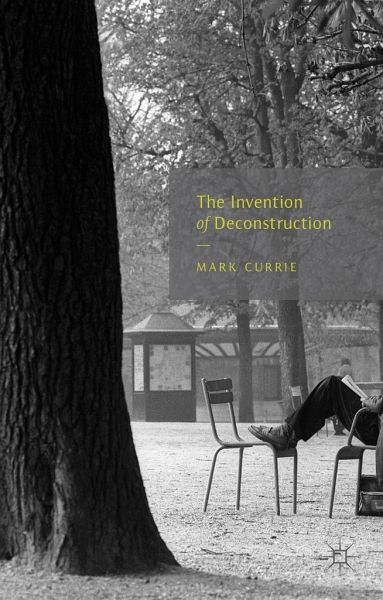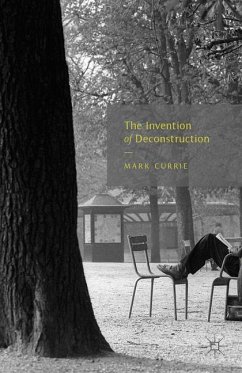
The Invention of Deconstruction
Versandkostenfrei!
Versandfertig in 6-10 Tagen
38,99 €
inkl. MwSt.
Weitere Ausgaben:

PAYBACK Punkte
19 °P sammeln!
Why did deconstruction emerge when it did? Why did commentators in literary studies seem to need to look back on it from the earliest moments of its emergence? This book argues that the invention of deconstruction was spread across several decades, conducted by many people, and focused on its two central figures, Jacques Derrida and Paul de Man.












